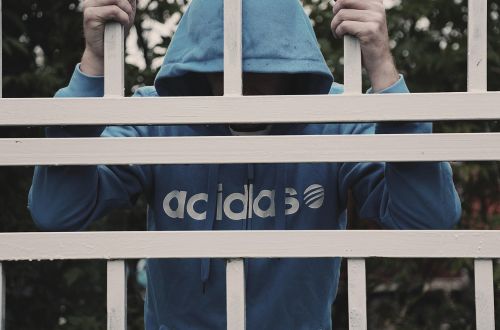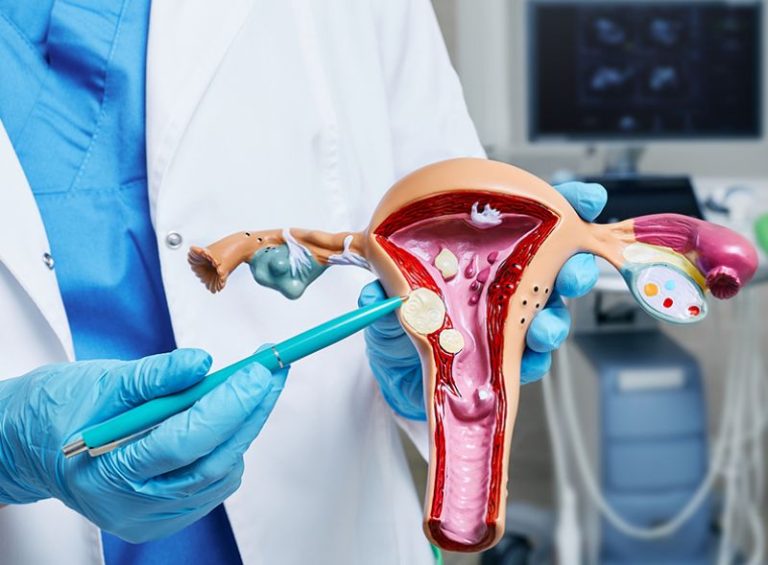

Curious about the key to sustainable addiction recovery?
Well, many people think that recovery is simply a matter of willpower and traditional therapy.
But, the thing is…
That’s only half the battle.
True, long-term recovery involves treating the whole person – mind, body and spirit. And the best news?
Holistic approaches to treatment are being used successfully by millions of people all over the world.
Here’s what you’ll learn:
- What is The Whole-Person Recovery Approach?
- Why Traditional Treatment Isn’t Enough
- 6 Proven Holistic Methods That Work Today
- Building Your Complete Wellness Strategy
What is The Whole-Person Recovery Approach?
Holistic addiction treatment is not the same as everything you have ever heard about recovery.
Here’s why: It does not only focus on quitting drug or alcohol use. It addresses all areas of life that addiction has impacted.
Think about it…
When you develop an addiction, it impacts your physical health, mental state, relationships, spirituality and sense of life purpose. Why would you only treat one area of the problem?
Many people that seek comprehensive care have found that Alcohol and drug addiction treatment Fort Wayne, Indiana programs are now incorporating whole-person methods along with traditional detox and rehab services to achieve lasting change.
The stats are staggering. According to recent research, 22.3 million Americans are recovering from substance use disorders. But what most people do not realize…
The most successful recoveries occur when people address all areas of their wellness.
Why Traditional Treatment Isn’t Enough
Don’t get me wrong — medical detox and therapy are absolutely critical. But they are just the beginning.
Here’s the issue: Traditional methods tend to focus on the symptoms of addiction without treating the underlying causes. They may help you stop using substances, but they do not necessarily provide you with the tools you need to live a fulfilling, balanced life.
Let me explain…
Traditional treatment programs tend to focus on:
- Detoxification
- Group therapy sessions
- Basic counseling
- Medication management
They tend to miss crucial elements such as:
- Physical wellness and nutrition
- Stress management techniques
- Spiritual connection and purpose
- Creative expression and emotional healing
- Lifestyle habits that support long-term sobriety
If you are missing these crucial elements it is like building a house on a weak foundation. It might stand for a while but eventually, something is going to give way.
6 Proven Holistic Methods That Work Today
Okay, here is the good stuff. These are the most effective holistic methods that are transforming addiction recovery today:
- Mindfulness and Meditation
- Nutritional Therapy
- Physical Fitness and Movement
- Creative and Expressive Arts Therapy
- Yoga and Body-Mind Connection
- Acupuncture and Alternative Healing
Mindfulness and Meditation
Did you know one of the most powerful tools for coping with cravings and emotional triggers is mindfulness meditation?
This is not some new age hocus-pocus. Scientific studies show that mindfulness practices significantly reduce relapse rates by helping people:
- Recognize triggers before they spiral out of control
- Manage stress and anxiety naturally
- Develop healthier coping mechanisms
- Build emotional resilience
The best part is you can start practicing mindfulness today, even if you are in the early stages of recovery.
Nutritional Therapy
Here’s something that most people don’t realize…
Addiction wreaks havoc on your body’s nutritional balance. Years of substance abuse often leave people deficient in vital vitamins, minerals and nutrients that your brain needs to work properly.
Nutritional therapy focuses on:
- Rebalancing brain chemistry naturally
- Lowering cravings through proper nutrition
- Boosting energy levels and mood
- Supporting physical healing during recovery
When your body gets the nutrients that it needs, your mind follows. It is that simple.
Physical Fitness and Movement
Exercise is like medicine for addiction recovery.
Here’s why: Physical activity releases natural endorphins – your body’s feel-good chemicals. These are the same chemicals that drugs and alcohol produce artificially.
Regular exercise helps to:
- Reduce stress and anxiety naturally
- Improve sleep quality and patterns
- Boost confidence and self-esteem
- Provide structure and routine
You do not have to become a fitness fanatic. Even a 20-minute daily walk can make a massive difference to your recovery journey.
Creative and Expressive Arts Therapy
Sometimes, the healing you need cannot be found in words.
Art therapy, music therapy and other creative expressions give people a way to process emotions and trauma that traditional talk therapy might miss.
These approaches help to:
- Provide healthy outlets for difficult emotions
- Build self-confidence through creative accomplishment
- Process trauma in non-verbal ways
- Discover new interests and passions
Plus, many people find that creative activities become positive lifestyle habits that support long-term sobriety.
Yoga and Body-Mind Connection
Yoga is not only about flexibility. It is about reconnecting your mind and body after addiction has created so much disconnection.
The benefits include:
- Improved physical strength and flexibility
- Better stress management
- Enhanced self-awareness
- Deeper spiritual connection
Many recovery centers now have yoga as a core part of their programs because the results speak for themselves.
Acupuncture and Alternative Healing
Ancient healing methods are finding a new lease of life in addiction recovery.
Acupuncture has been proven to help reduce withdrawal symptoms, manage cravings and promote overall balance in the body’s energy systems.
Other alternative healing methods include:
- Massage therapy for physical and emotional relaxation
- Energy healing techniques
- Herbal medicine (when appropriate and supervised)
- Breathwork for stress and anxiety management
Building Your Complete Wellness Strategy
The most effective recovery programs combine traditional medical treatment with holistic approaches.
Here’s how to build yours:
Start with a solid foundation of medical care and therapy. This includes professional detox, individual counseling and any necessary medications.
Then add on holistic practices that resonate with you. Maybe that is daily meditation and yoga. Or it could be art therapy and nutritional counseling.
The key is to find what works for your unique situation and stick with it when entering a recovery program until your body fully recovered.
Remember: Recovery is not a destination, it is a lifelong journey. The people who succeed are the ones that build sustainable habits and practices that support their overall wellness.
You do not have to start everything at once. Start small, be consistent and gradually build a complete wellness lifestyle that supports your recovery goals.
Creating Your Recovery Blueprint
Creating a holistic recovery plan takes time and patience. But when you treat addiction from all angles – physical, mental, emotional and spiritual – you create multiple layers of protection against relapse.
Most importantly, you are not only getting sober. You are building a life worth living.
That is the true power of holistic addiction recovery. It does not simply help you stop using substances…
It helps you start truly living.
Whether you are just starting your recovery journey or are looking to fortify your existing sobriety, holistic methods offer tools and techniques that can change your entire life.
The statistics speak for themselves. 75% of people with addiction eventually recover when they have access to comprehensive treatment that addresses all aspects of their wellness. Recovery is possible. And with the right holistic approach, it can be sustainable, fulfilling and transformative.


